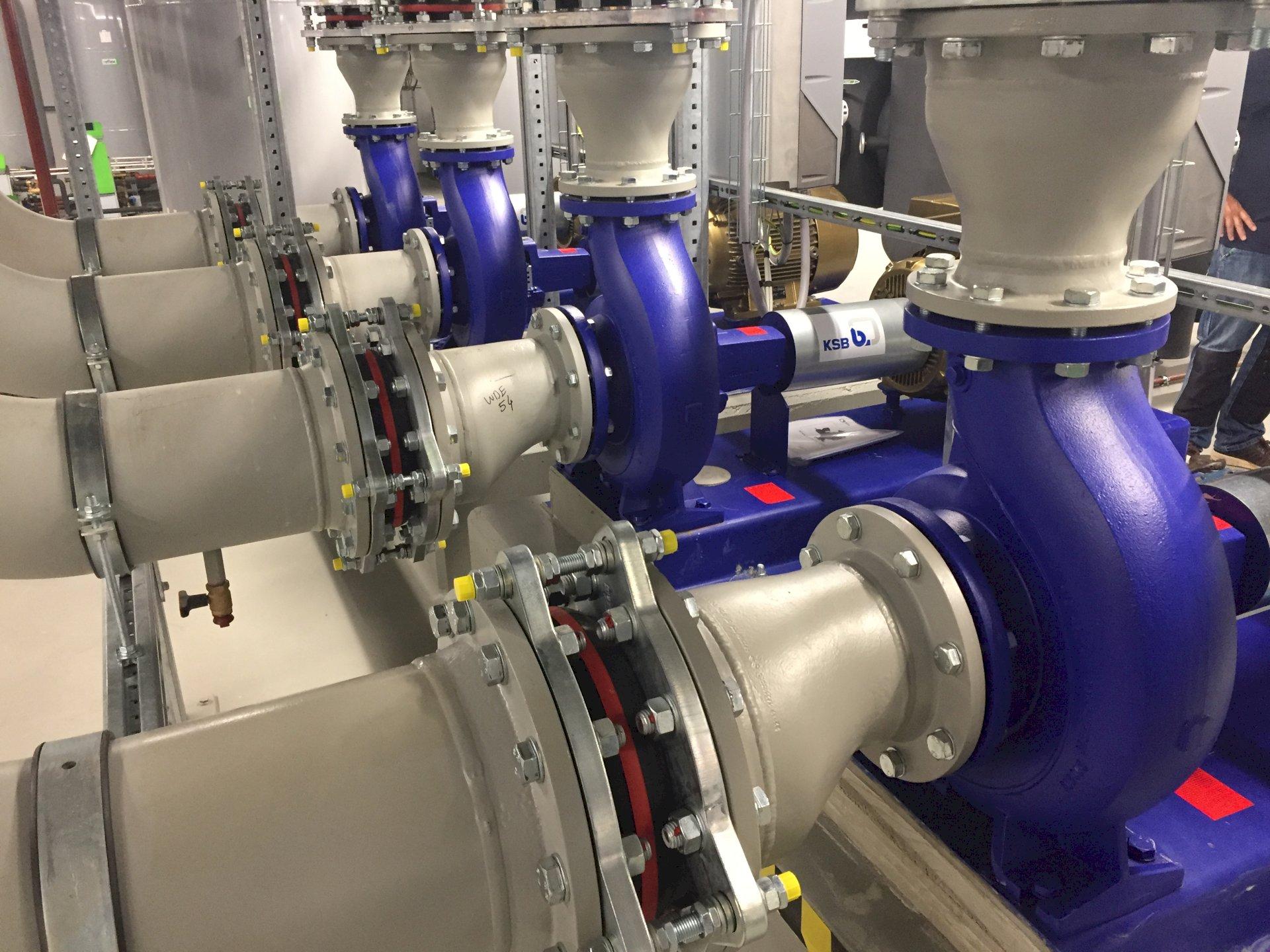_60444.jpg) Door: QIAGEN Benelux
Door: QIAGEN Benelux January 18, 2022
- New extraction kits reduce use of plastics by up to 63% and cardboard by up to 42% compared to QIAGEN standard kits
- Three offerings are first of a wave of sustainability-driven product innovations
- Company reduces plastic transportation packaging material by 9% in 2021 and is aiming for further reductions
HILDEN, Germany & GERMANTOWN, Md.--(BUSINESS WIRE)--�QIAGEN N.V. (NYSE: QGEN; Frankfurt Prime Standard: QIA) today announced its new QIAwave product line by launching three nucleic acid extraction kits that use fewer components and produce less waste than existing ones. They are the first of their type to use both recycled plastics and space-saving chemical concentrates.
The QIAwave RNA Mini Kit, QIAwave DNA Blood & Tissue Kit and QIAwave Plasmid Miniprep Kit use up to 63% less plastic and up to 42% less cardboard than QIAGEN�s most popular kits for extracting DNA, RNA and plasmid DNA from samples. That makes them a more sustainable alternative to existing products � a major step in reducing the environmental impact of QIAGEN�s overall portfolio.
�QIAwave products are designed in collaboration with our customers to tackle the persistent problem of laboratory waste faced by scientists all over the world,� said Thomas Schweins, Senior Vice President, Head of Life Sciences. �These three kits are the first in a wave of continuous improvements and product evolutions that will reduce the environmental footprint of our products, while still delivering the same QIAGEN quality.�
The new QIAwave products feature fewer components, waste tubes made from 100% recycled plastic, and suitable buffer concentrates in smaller bottles, rather than ready-to-go mixes. More compact kits and new ways of packing them reduce the amount of cardboard needed to box them up. Instructions for re-using some components are available online.
QIAGEN aims to reduce plastic transportation packaging waste by a further 9% in 2022, having cut it by 9.6% in 2021. The company has striven to reduce its plastic footprint since the formation of its Plastic Footprint Task Force in 2018 � for example, by replacing expanded-polystyrene boxes for cooled shipments with recyclable alternatives and other forms of plastic packaging with more eco-friendly alternatives.
Reducing its plastic footprint is just one aspect of QIAGEN�s sustainability initiatives. The company has pledged to cut carbon emissions in line with a science-based target to reach �net-zero� by 2050, and constantly monitors its environmental impact, economic influence and corporate citizenship around the world. The sustainability agency ISS ESG has given QIAGEN its top-flight �Prime� rating.
More information about QIAwave can be found�here.
More information about QIAGEN�s vision of a sustainable future can be found�here.



